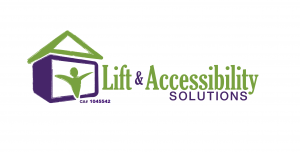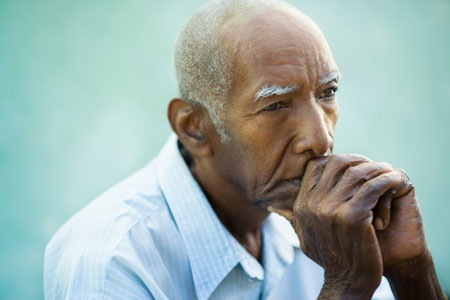Post-Holiday Depression: Signs and Symptoms
Now that the holidays are over, it’s time to get back into the daily routine of work and social life. For many of us, the season is a time spent with family and loved ones; many of whom are not visited at other times of the year. This is typically true when it comes to visiting elderly relatives; many families are unable to spend as much time with grandparents and great uncles as they’d like, which means that, for most of the year, these relatives are more isolated from their loved ones.
We have all heard the statistic that depression and suicide spikes right around the holiday season, but it turns out that this is entirely false. It makes sense; spending time with family and significant others usually doesn’t inspire people to take their own life, if for no other reason than the fact that you are typically spending your free time with others, rather than being alone. While it may be comforting to know that this “fact” is pure myth, it turns out that it’s just the timing that’s off. In fact, the weeks and months after the holidays are the time when depression and suicide run rampant, especially in elderly individuals. After spending time with loved ones, having to separate and go without seeing them, perhaps for months at a time, can be a devastating loss to some family members. If you’re concerned about your aging relatives, we’ll go over what to look for as signs of depression, and how you can help.
When it comes to identifying depression in older adults, there is a broad range of specific symptoms. However, instead of breaking down each particular sign, let’s instead talk about what is depression. Depression is defined as an intense feeling of sadness, hopelessness, and feelings of unimportance. When someone stops caring about their own well-being and the welfare of others, this can be a significant sign of depression. For the elderly, unfortunately, there are a lot of risk factors that can lead to depression. These include, but are not limited to: loss of a loved one (such as a spouse), worrying about death, being ill (especially when bedridden), being unable to engage in activities due to physical limitations, and, sometimes, being on certain medications can lead to depression. As you can see, there are a lot of risk factors that affect the elderly more so than other adults. It is for this reason that depression can be quite common among the aging population.
So what can you do to treat this condition? Typically, in cases of depression among teens and most adults, doctors will prescribe medication to help curb the effects. However, for many elderly patients, this may not be feasible, as most older adults are taking medicine for other conditions, and there may be adverse side effects to mixing them together. Fortunately, though, there are alternatives to medicine. According to experts, the best ways to combat depression in the elderly without medication are: exercise, healthy eating habits, interaction with friends and family on a regular basis, engaging in activities (however small), having and caring for a pet, and laughing. While it may seem that these are simple changes to one’s lifestyle, do not let this minimize the effect of depression, as if it is just a phase or slump that someone is going through. Sometimes, even after engaging in some of these remedies, people can remain depressed. If this is the case, then medication may be the only viable option. However, it is important that you would discuss anything like that with a medical professional to ascertain what exactly is available.
If you think your relative is depressed, or getting depressed, the best thing you can do is talk to them about it. If they are feeling useless or helpless, it can help to know that someone is there who cares about their well-being. Usually, these feelings come about when a person feels like they don’t matter to anyone, so showing them that they do can help reverse this negativity. Depression can be a serious illness, but it doesn’t have to be.







There are no comments yet, but you can be the first